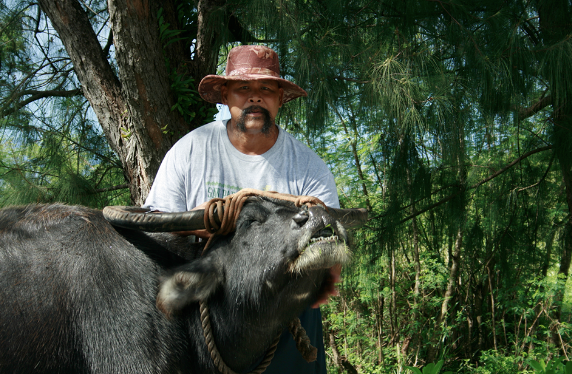

When someone hears a concept or a person’s name for the first time, the most common way of learning this new word is to repeat it out loud. However, previous studies have found contradictory effects of this almost-simultaneous production on our capacity to learn new words. A new study, carried out by Spain’s Basque Center on Cognition, Brain, and Language (BCBL), found that when learning new vocabulary repeating the words can have negative effects on learning, particularly when the repetition is immediate. Silently listening to the word or pausing between hearing and producing the word can be more effective ways to learn it.
To reach this conclusion, researchers at the BCBL analyzed the cognitive mechanisms involved in language processing in more than 300 volunteers. They focused on how we are able to recognize a recently integrated word in our mental lexicon.
“In this study we examined how immediately repeating a new word out loud or not repeating it can affect learning. In other words, what impact this study method actually has on the integration of a concept that we’ve just heard into our lexical system so that we can recognize it later,” says Efthymia Kapnoula, the BCBL researcher leading the project.
In the first stage of the project, eye-tracking techniques were used to observe in real time whether repeating or not repeating a word at the time of learning it had positive or negative effects on its integration into the mental lexical system. “In this first experiment we saw that repetition had a slight positive effect at the beginning, but its final impact was negative,” Kapnoula adds.
Therefore, in the second stage, longer terms were used in the training phase and some of the sounds were modified afterward, such as changing an s to resemble an f. This allowed researchers to test the extent to which cognitive mechanisms were able not only to integrate the word but also to recalibrate the perception of speech sounds to recognize the correct word. In this second training session, the participants were divided into four different groups: one group learned words just by listening to them, another had to repeat each word immediately after hearing it, another repeated each word two seconds after hearing it, and the final group repeated each word four seconds later.
According to the researchers, the different methods helped determine that the negative effect of repeating the words in the study was due to the overlap in time between encoding the word in the brain and producing it. “When a person repeats a word immediately after hearing it, cognitive resources are dedicated to preparing the production of the word and, as a result, these resources cannot be used to deeply encode that word. In contrast, if production is delayed for a few seconds, this overlap is avoided, allowing deeper learning and encoding to take place,” explains the BCBL researcher. The results, published in the journal Language, Cognition and Neuroscience, not only improve our understanding of the cognitive mechanisms involved in learning new words but could also help to develop more efficient education programs.
“Understanding these cognitive mechanisms can teach us how to use repetition more efficiently in educational contexts. For example, teachers can encourage students to repeat a new word the first time they hear it, but after this first exposure, the learning processes should focus more on listening rather than on production,” Kapnoula concludes.












